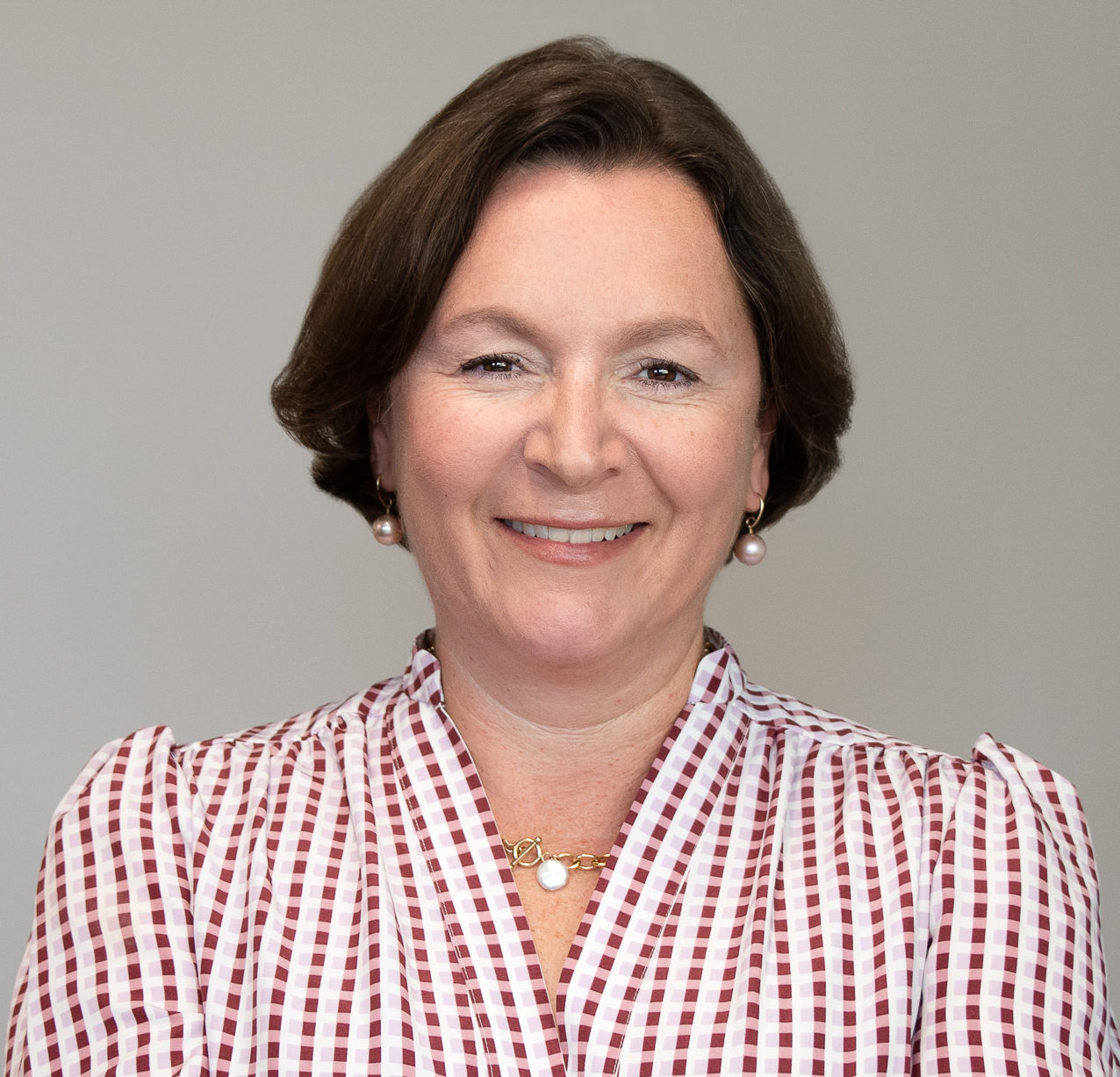Ebola Virus a Disaster That Defies Norms
Part of our mantra at the Center for Disaster philanthropy is to encourage funders to pay attention to the full lifecycle of a disaster – we say that to as many people as we can, as often as possible. Our goal as an organization is to inspire private philanthropic organizations to fund disaster preparedness and […]
Part of our mantra at the Center for Disaster philanthropy is to encourage funders to pay attention to the full lifecycle of a disaster – we say that to as many people as we can, as often as possible. Our goal as an organization is to inspire private philanthropic organizations to fund disaster preparedness and disaster recovery efforts, with the belief (and data to support) that the actual ‘relief’ phase of a disaster is well attended and well-funded.
And then there are situations that defy the norm.
In the case of the current Ebola outbreak, affecting the West African nations of Liberia, Sierra Leone, Nigeria, and Guinea – the need for attention and financial support is now. The World Health Organization estimates that mortality rates will exceed 20,000 in the coming months. News reports describe the dearth of supplies to safely manage the decedent’s body and to protect health workers on ‘the front line’.
Bilateral donors have been active in supporting the health, food, logistics, and relief supply distribution needs resulting from the outbreak. The governments of the United States, the European Union, the United Kingdom, Kuwait, Sweden, Canada, and Norway, as well as the African Development Bank and the United Nations Central Emergency Response Fund (UN CERF) all report having allocated funding to stem the spread and respond to the needs of the disaster.
What we know about private funding activities is fairly limited. Here is a snapshot of the awards that have come to our attention. We will plan on keeping a list updated as we hear of more grant allocations.
- Wellcome Trust –$10.8 million, managed by the Enhanced Learning & Research for Humanitarian Assistance.
- Paul G. Allen Trust – $2.8 million to the American Red Cross, $100,000 to GlobalGiving.
- Legatum Foundation (Dubai) – $150,000 to Ebola Crisis Fund (established by Capital for Good and Geneva Global).
- Robert Wood Johnson Foundation – $1 million to the Center for Disease Control Foundation’s Global Disaster Response Fund.
- Bill and Melinda Gates Foundation, $50 million in flexible funds to United Nations agencies and international organizations involved in the response to enable them and national governments to purchase badly needed supplies and scale up emergency operations in affected countries.
Through our international non-governmental friends working to serve and support the needs of the pandemic, we know that containment activities across each affected nation are underfunded and under attended. Other global emergencies (Iraq, Gaza, South Sudan, Central African Republic) ‘compete’ for attention and resources, and in the case of Ebola, have rendered the outbreak one that is largely treated by the media, bilateral and multilateral bodies, but not by the private funder community. My call to action for the private philanthropic community is to be bold in supporting the efforts of NGOs operating on the ground to support the needs of Ebola-affected communities. Specific support is needed for:
- Isolation centers;
- Mobile laboratories;
- Increased ability to transport people and equipment around in affected countries;
- Increased capacity in the health systems of affected countries as the presence of the virus has dramatically affected the ability of others to receive treatment for non-Ebola illnesses and routine care; and,
- Care centers for affected health workers.
I would welcome your thoughts and questions about the crisis and how to effectively support the current needs. Please email me at regine.webster@disasterphilanthropy.org. And, the Center for Disaster Philanthropy is here to help – should you need guidance on how to support the needs of the crisis, please call 206-972-0187.
